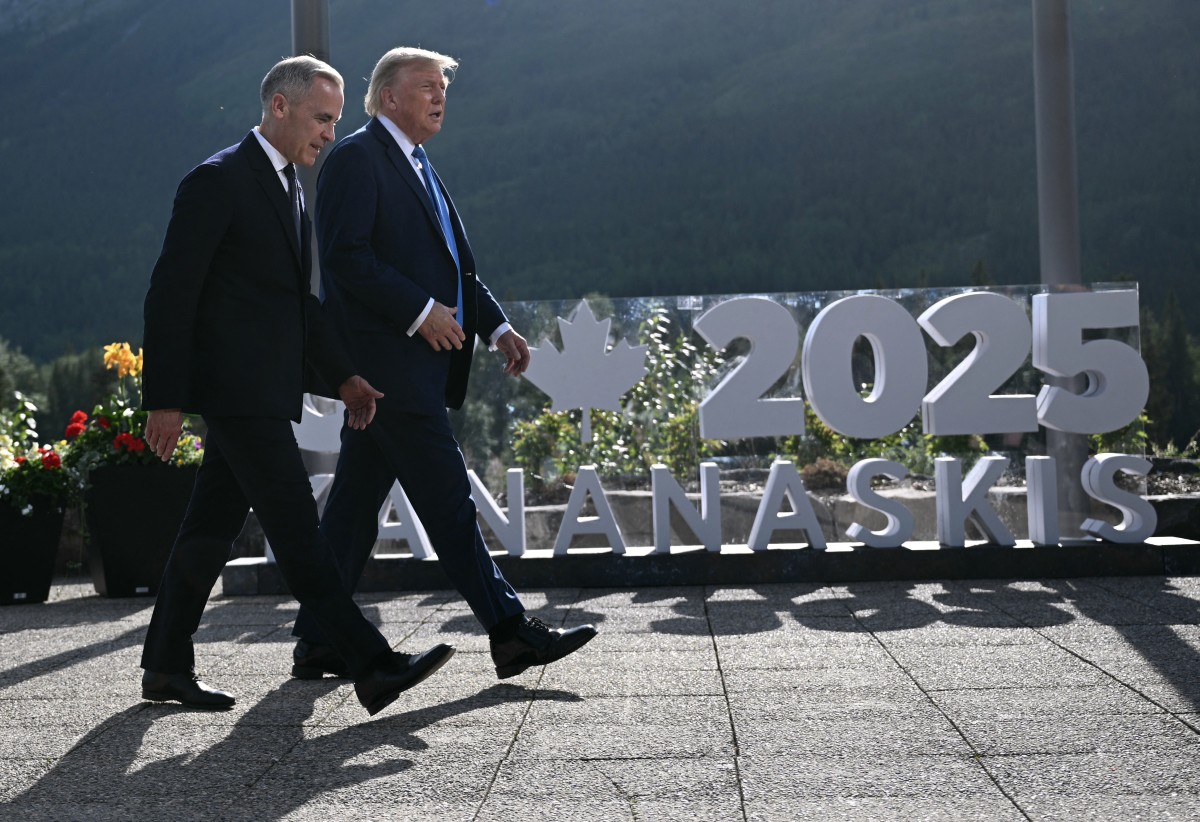Ottawa, Canada — The Group of Seven nations said Saturday they have agreed to exempt US multinational companies from a global minimum tax imposed by other countries — a win for President Donald Trump’s government, which pushed hard for the compromise.
The deal will see US companies benefit from a “side-by-side” solution under which they will only be taxed at home, on both domestic and foreign profits, the G7 said in a statement released by Canada, which holds the group’s rotating presidency.
The agreement was reached in part due to “recently proposed changes to the US international tax system” included in Trump’s signature domestic policy bill, which is still being debated in Congress, the statement said.
The side-by-side system could “provide greater stability and certainty in the international tax system moving forward,” it added.
Nearly 140 countries struck a deal in 2021 to tax multinational companies, an agreement negotiated under the auspices of the Organisation for Economic Co-operation and Development (OECD).
That agreement, deeply criticized by Trump, includes two “pillars,” the second of which sets a minimum global tax rate of 15 percent.
The OECD must ultimately decide to exempt the US companies from that tax — or not.
The G7 said it looked forward to “expeditiously reaching a solution that is acceptable and implementable to all.”
On Thursday, US Treasury Secretary Scott Bessent had signaled that a “joint understanding among G7 countries that defends American interests” was in the works.
He also asked US lawmakers to “to remove the Section 899 protective measure from consideration in the One, Big, Beautiful Bill” — Trump’s policy mega-bill.
Section 899 has been dubbed a “revenge tax,” allowing the government to impose levies on firms with foreign owners and on investors from countries deemed to impose unfair taxes on US businesses.
The clause sparked concern that it would inhibit foreign companies from investing in the United States.








